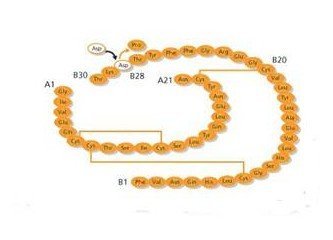
Biologists responded to the final question of life, the Universe and everything.
This answer, you know, 42. In this case, the question is, "How many millions of proteins do you have in a cell?"
In his thesis, the team writes: "Despite the wide nature of the current studies on the amount of protein, it was difficult to know whether a certain amount of protein, taken from a single study, independent of other quantitative studies, was reliable and precise." In the study, one of the classical living models in cell biology 21 separate analysis data were used to measure the amount of protein in Saccharomyces cerevisiae, the single-cell yeast strain used.
Brandon Ho, a graduate student from the team, says: "It was difficult to get an idea of the amount of protein in the cell because the data were presented in large scale on different scales." The team decided that the amount of molecules per cell was the "most intuitive expression of the amount of protein" making the data normal and matching the scales that differ widely.
It is estimated that there is currently a proteome of 5.858 proteins in S. cerevisiae. The team also determined that the molecules of these proteins in the average yeast cell would be 4.2 x 10 ^ 7 (or 42 million).

But these proteins are not evenly distributed. Most protein types in the yeast cell have molecular weights between 1,000 and 10,000, a small fraction of the molecules have few molecules, while others have half a million molecules.
It is important to learn more about these very important small molecules when it is thought that many diseases in humans, including Alzheimer's and ALS, are caused by the abnormal behavior of the proteins in our cells.
The study was published in the Cell Systems bulletin.